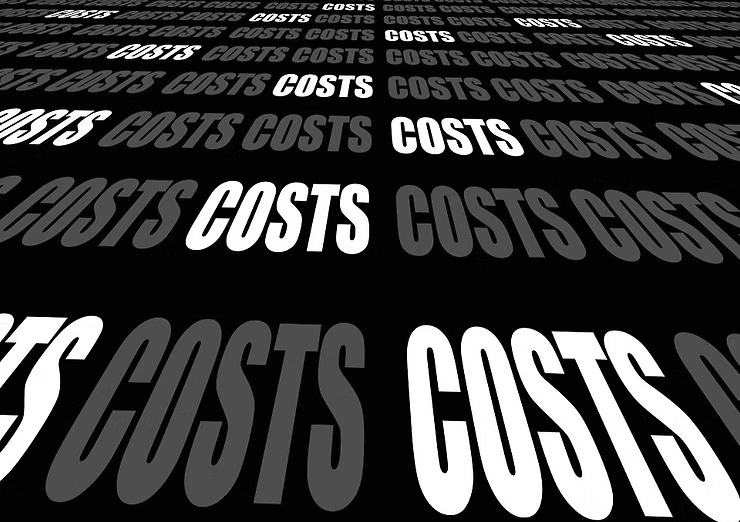Facing Adversity and Assessing Objections
Sometimes the best opportunities come out of facing adversity and assessing objections. Today, you find Tabasco in most fine restaurants and probably in every supermarket in the country, if not the world. It’s an extremely well-known brand.
In every single sale, be it complex or simple, there comes a time where you’re going to have to have a dialogue and assess what your buyer is thinking. Are they in or out? What do they like or dislike?
In our sales calls, we often hear things that make us think a sale is going pretty well. We can feel the momentum building towards a deal. And suddenly, brake lights! Everything comes to a screeching halt. Your prospect says:
Your price is too high….
It’s not in our budget…
I’m not sure about the cost…
I’m not sure if your product or solution really has value in my situation.
Just like the McIlhenny family, our job is to assess the objections and get the buyer to see opportunities instead.
Understanding the Difference Between Cost, Price, Budget and Value
Cost.
Value.
Budget.
Price.
All those words mean very different things. And in a complex or simple sale, we need to understand the difference between those terms by putting a definition to those marketplace-driven objections we run into. On the surface, those words, and the financial objections derived from them, all seem like they’re the same thing. But in reality, they’re very different animals. The first thing we need to do is dig in and really understand those differences.
Common Objection We Hear Concerning PriceTo consistently resolve objections, you need a process. You’ll find a 7-step process for resolving objections here in our manual:
Seven Steps to Resolving Objections. Let’s start by asking: What does price mean? A lot of people say price is defined as the cost of somebody doing something. Fair enough. Sounds logical. The question then becomes: If price is the cost of doing something, then what is cost? If you asked most people, they would say It’s the price. See what I mean? Those words are used interchangeably, but there is a difference.
So let’s define price as what the market will bear to pay for a good or service. Take Amazon for instance. The number you see when you look at a product on their site is the price. If people buy it, then that’s the price they’re willing to pay. That’s evidence of what the market will bear.
The Difference Between Price and Cost
Now if somebody says that the cost is too high, do they actually mean cost, or do they mean price? Let’s define the word cost. Cost is the overhead that goes along with a product or service because of ownership. So if I pay a certain price for a home, my costs are things like maintenance, repair, water service, electric service, sewer… These are all costs associated with having a home. If I buy a car, regular replacement of the tires is a cost. Changing oil is a cost. Gasoline is a cost. Maintenance is a cost. Insurance is a cost.
Price and cost are clearly two different things. But the marketplace uses those words interchangeably. When our prospect uses these words in an objection, you need to get them to define what they mean before you can engage them in a dialogue about their objection.
The Budget Objection
Another objection that comes up in more complex sales is: it’s not in the budget. The questions you need to ask yourself at that point is: is my prospect referring to a number? Well, budget means a lot of things to different people. Budget is defined as an estimate of income and expenditure for a set period of time, a past performance that usually dictates future spending. But you have to ask yourself, “is my prospect using this as another way of saying that the price is too high? So you might need to educate your prospect to clear up the objection.
Determining the Value in Your Offer
Now, if somebody says, “I don’t see the value,” that’s a whole different story. The budget objection seems addressable if you can get them to identify what it is. But now we are talking about value. What we know about value is it’s defined as it’s perceived. It is truly in the eye of the beholder. And people can’t value what they can’t compare and contrast.
Money objections and financial objections can be the toughest objections to address. It’s our job as sales professionals to get the prospect to define and explain as much as possible about their objection. Once you’ve clarified the language the prospect is using and you have “gently encouraged” them to reflect on their real concerns, then are you ready to address your prospect’s objection.
In summary, before you assume you know what your prospect means when they say “your cost is too high,” stop and remember, price, cost, budget, and value all have different meanings. It’s up to you to respond to your prospect and get them to define and explain what their real challenges are before addressing their concerns.
Check out Lance Tyson’s book, Selling Is An Away Game, available on Amazon, for additional methods on resolving sales objections. Get your copy today!




